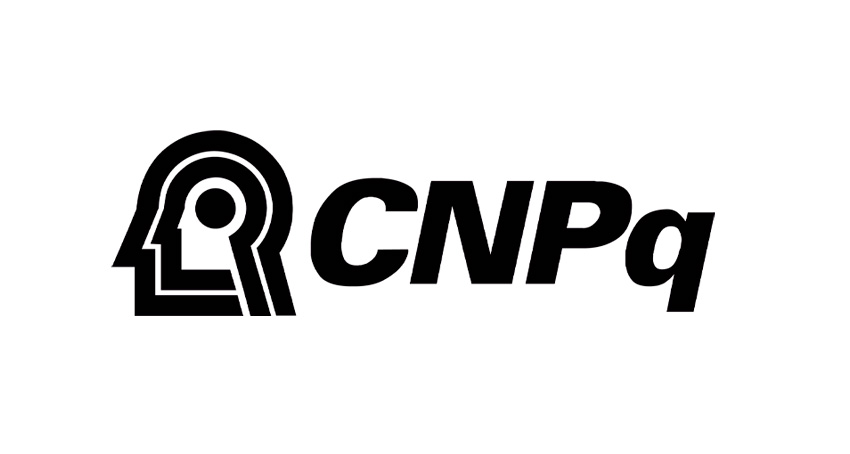PEX
RESEARCH
Administrative unilateralism of presidents in Latin America: regulatory selectivity and particularism
This research investigates how presidents make decisions when Congress and ministers resist their government agendas in six Latin American countries (Argentina, Brazil, Chile, Colombia, Peru and Paraguay). We analyze whether presidents use their powers to issue these administrative decrees to partially implement approved laws and to benefit specific groups of voters or supporters.
This research argues that such behavior is more likely when presidents have government agendas that diverge from the interests of legislators or ministers. When these divergences are accentuated, presidents prefer to act unilaterally, issuing decrees to enforce their positions and broaden political support for their government agenda.
This study is relevant, as it demonstrates that presidents influence laws during their approval in Congress as well as afterward, when they alone decide how they should be executed. To measure the degree of presidential particularism, the analysis will initially focus on a sample of autonomous decrees issued by presidents in the countries studied, differentiating their distributive or regulatory nature and the potential beneficiaries. We built a novel dataset on legislative and administrative decrees issued by presidents in Argentina, Brazil, Chile, Colombia, Peru and Paraguay since 1985.
This project has been developed by an international network of researchers affiliated with the German Institute of Global and Area Studies (GIGA – Germany), the University of Pittsburgh (U.S.), and, in Brazil, the Universidade Federal de Minas Gerais, Universidade Federal do Espírito Santos (UFES); Universidade Federal de Ouro Preto (UFOP), and Universidade Federal de São Carlos.


Institutional Presidency in Latin America, US and Europe
We investigate the emergence of the institutional presidency in Latin America in the context of recent re-democratization (1980-2019) and its variations in relation to countries with different democratic trajectories. The institutional presidency is distinguished by the specialization, functional differentiation and professionalization of the agencies directly subordinate to the President. We demonstrate that the variations in the design and functioning of the presidencies can be explained by the coordination problems within the Executive.
These changes are more frequent in coalition governments, since the multi-party format of the cabinet subjects the president to more complex coordination problems. This study focuses on two processes of change in the presidency, relating to (1) the frequency of changes in its organizational units, and (2) the use of unilateral executive decrees. The type of cabinet, one-party or coalition, is the main variable of interest. Thus, we compare Latin American presidencies (Argentina, Brazil, Chile, Colombia, Mexico, Paraguay, Peru and Uruguay) with those of countries with consolidated democracies (the United States, Germany and Spain). The research produced new databases covering the period between 1985 and 2018.


